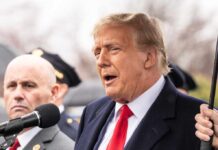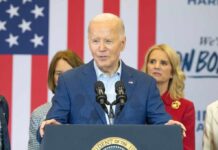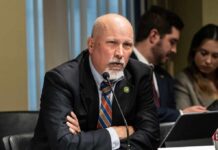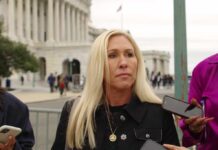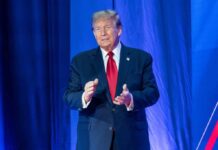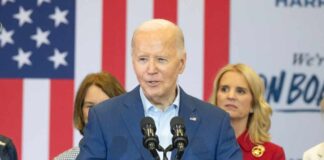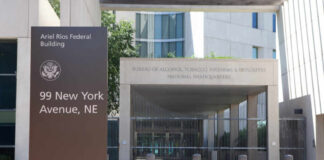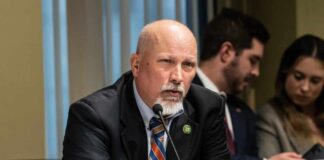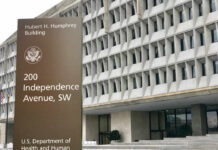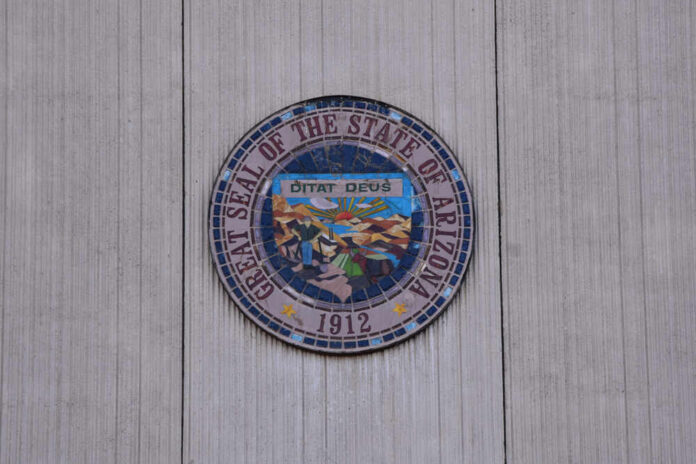
Arizona Gov. Katie Hobbs (D) has found herself at the epicenter of a political whirlwind for requesting X, formerly known as Twitter, to censor critics of her past controversial tweets. These moves have now ignited a legislative investigation into her actions, with State Rep. Alex Kolodin (R) at the helm of a newly minted committee focused on oversight and Big Tech.
The controversy began in 2017 when Hobbs, then serving in the Arizona state legislature, likened Trump supporters to Nazis in a tweet. She stated, “@realDonaldTrump has made it abundantly clear he’s more interested in pandering to his neo-nazi base than being @POTUS for all Americans.” Fast forward to 2020, and Hobbs, then serving as Arizona’s Secretary of State, faced a revival of backlash for this post.
Ariz. Gov. Hobbs' request for Twitter to censor her critics sparks legislative investigation | Just The News https://t.co/E00ezeN9a9
— John Solomon (@jsolomonReports) September 2, 2023
Rather than addressing the criticism head-on, documents revealed by Arizona Capitol Oversight show that Hobbs used her official Secretary of State email account in November 2020 to ask the X platform to take punitive action against her critics. She labeled them “alt-right,” but when asked to provide specific instances for review, she could not do so. “I am not sure I can provide the information you are asking for because I reported and then blocked multiple users at the same time,” Hobbs responded.
Let’s be clear: elected officials using their power to silence critics on social media is a concerning trend, irrespective of one’s political leanings. Such behavior raises questions about how far elected officials will go to suppress dissent, especially when official government resources are employed.
Hobbs’ team reportedly even used an official government email address this year to try and have a tweet from the Arizona Republican Party censored, prompting an unequivocal reaction. “This goes beyond politics—it’s a matter of principle,” the Arizona GOP posted on X.
The issue of government censorship is not isolated to Arizona. Across the nation, lawmakers are investigating other similar incidents. In the case of Missouri v. Biden, Judge Don Willett remarked that officials seemed to engage in “fairly unsubtle strong-arming” of social media platforms. These maneuvers often take the form of “not-so-veiled threats,” as Willett described.
Hobbs’ actions have reignited a critical debate on free speech, government overreach, and the power dynamics between elected officials and Big Tech. Her dismissal of the allegations as a “sideshow” during a recent interview with KJZZ does little to alleviate concerns.
Elected officials are bound by the principles of the Constitution they swear to uphold, including the First Amendment. Arizona and the rest of the nation will watch closely as Rep. Kolodin’s committee investigates Hobbs.


